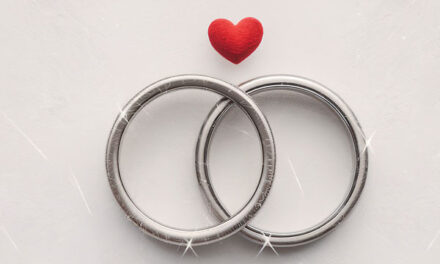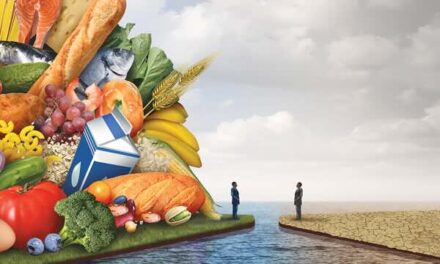I needed new bike shoes for my new electric bike. Not so fast, my wife Becky said. Knowing my propensity to buy shoes for all occasions, she asked me to consider using my running shoes.
“Since we moved to the foothills, I know those shoes haven’t seen much mileage,” she said.
Becky was trying to make me feel guilty for spending good money on shoes I probably didn’t need.
It didn’t work. Off I went to a Sacramento bike store, where I was greeted by a nice clerk who straddled one of those funny shoe stools with a little loading-ramp footrest.

With my foot on the shoe ramp, she helped me try on a half-dozen options. I imagined a princess looking for her CinderFella to fit a glass Nike.
Suddenly, the clerk got distracted. Her colleagues were collecting lunch orders. She didn’t want to miss out on a sandwich. And she didn’t want to ignore me.
With her attention compromised, she asked me an unintentional question: “What do you usually eat?”
I knew what happened—she was thinking about lunch while trying to fit a customer. But the question set off my guilt alarms.
I wondered if the shoe ramp was capable of measuring fat in the soles of my feet.
Obviously, the clerk didn’t mean to imply judgment about my eating habits. But it was too late.
Embarrassed guilt turned my face red. The blush was a three-alarm response.
But my guilt—the kind of guilt that fears exposure—is almost as unhealthy as my eating habits.
Unhealthy guilt invests an incredible amount of energy into concealing things. As we make efforts to hide our guilt, shirk it or ignore it, serious mental health concerns can result.
The energy we expend to blanket a problem often shapes a silhouette plain for everyone to see.
The impression left from hiding guilt is often as obvious as the angelic pattern left by children playing in snow.
As I worked to suck in my gut, my unhealthy guilt made me assume the hapless shoe clerk was my accuser.
The situation made me flash to the conversation Jesus had with a woman whose murder he interrupted.
Jesus faced her accusers as they readied stones to execute her for adultery.
He sent the executors packing with a qualification: “He who is without sin may cast the first stone.”
With the disappearance of her accusers, Jesus assured her, “No man condemns you and neither do I.”
People like that part of the story but often forget Jesus turned the tables a bit by introducing her to healthy guilt. With a dismissive mandate, Jesus added, “Go and sin no more!”
In life, healthy guilt can inspire us to strive for healthier lives. It can push us to mend relationships, work harder and commit to charity.
But good results only come as we commit to taking our life forward and sinning no more.
When the clerk rang up the sale, the damage was almost $150. I had one thought: I shouldn’t be spending this kind of money on shoes. I’m going to have to bike 100 miles a week to justify the purchase.
The guilt was back.
Norris Burkes can be reached at comment@thechaplain.net. Follow us on Facebook and Instagram: @insidesacramento. Burkes is available for public speaking at civic organizations, places of worship, veterans groups and more. For details and fees, visit thechaplain.net.















